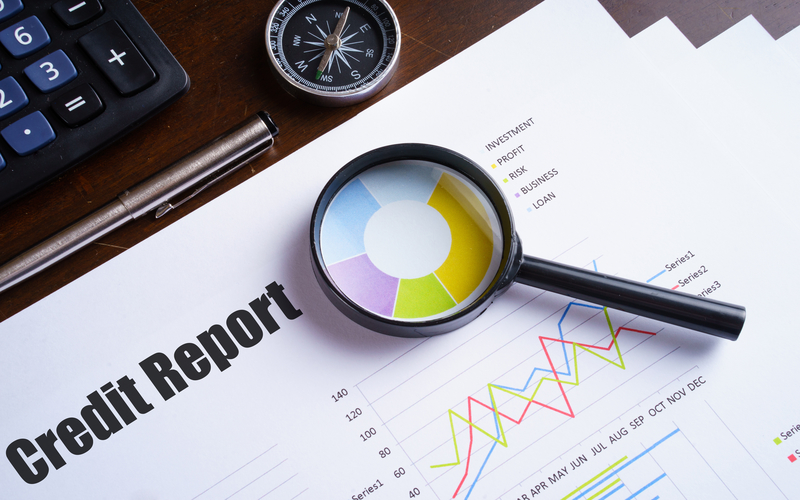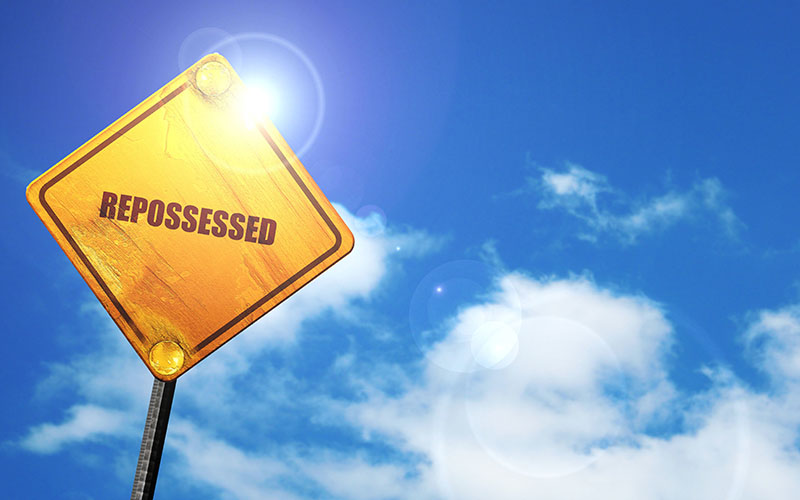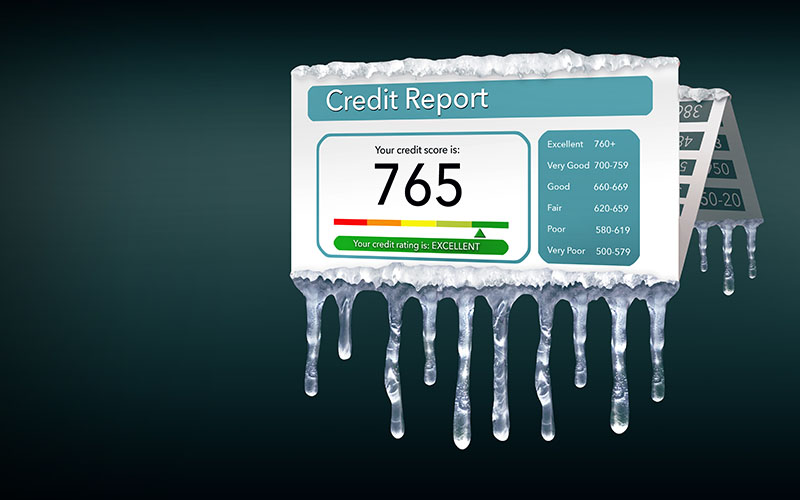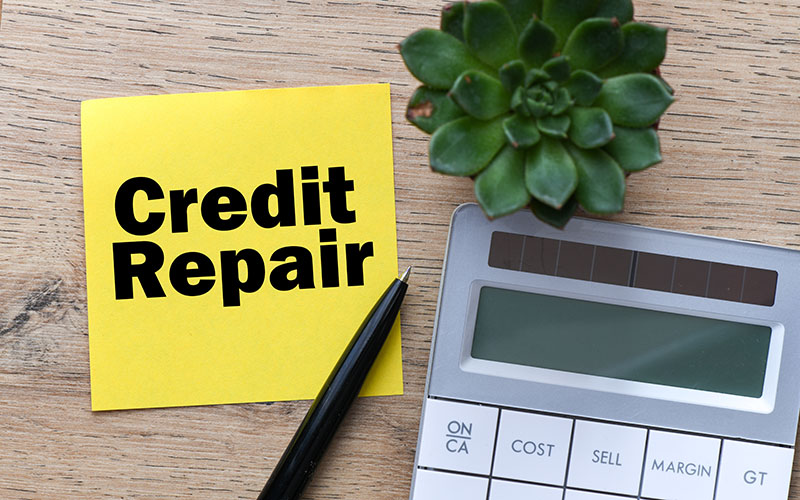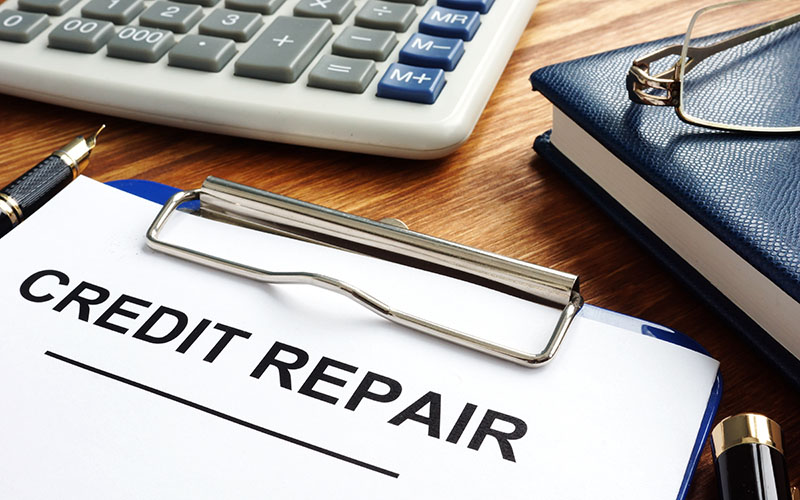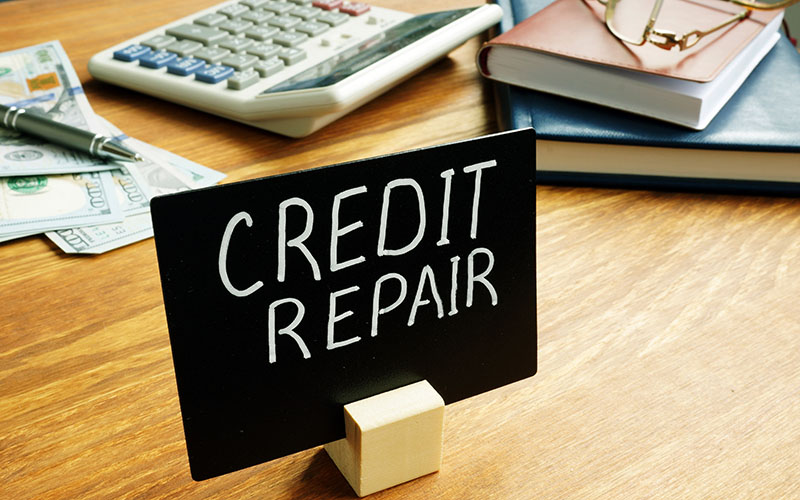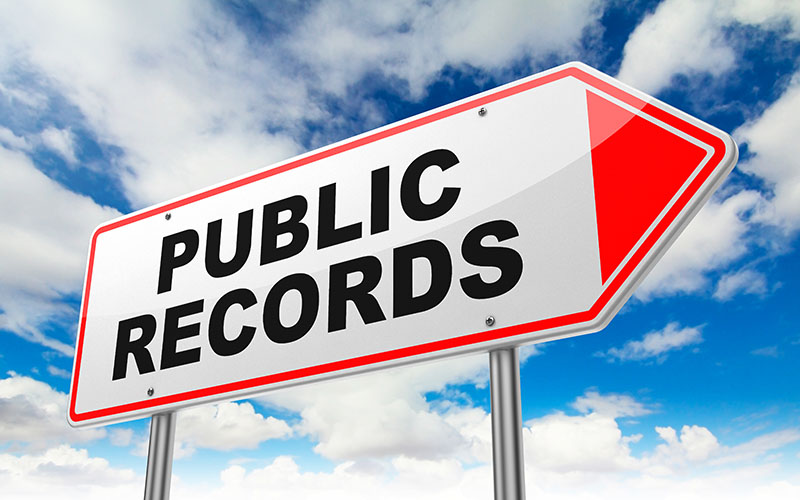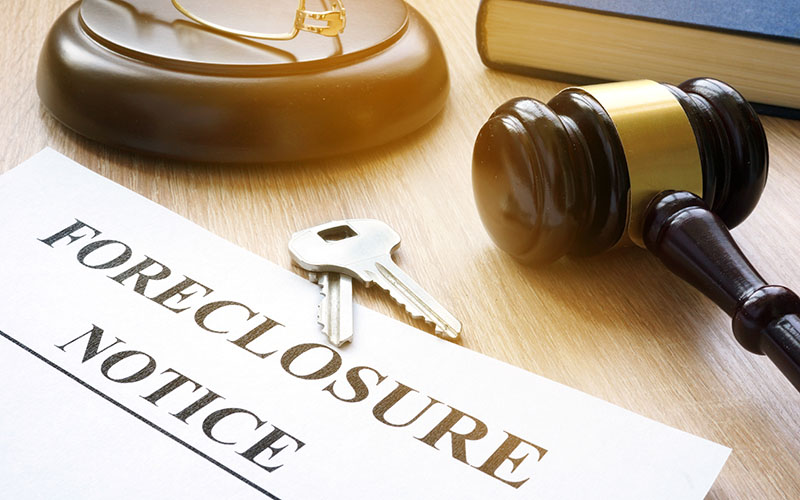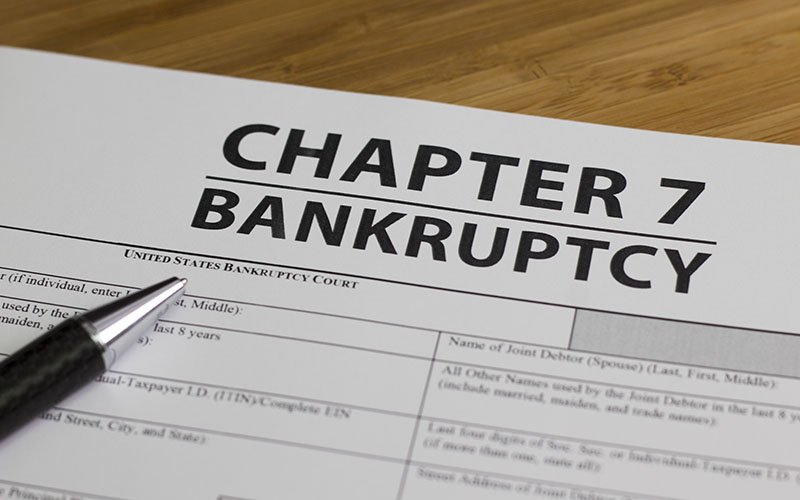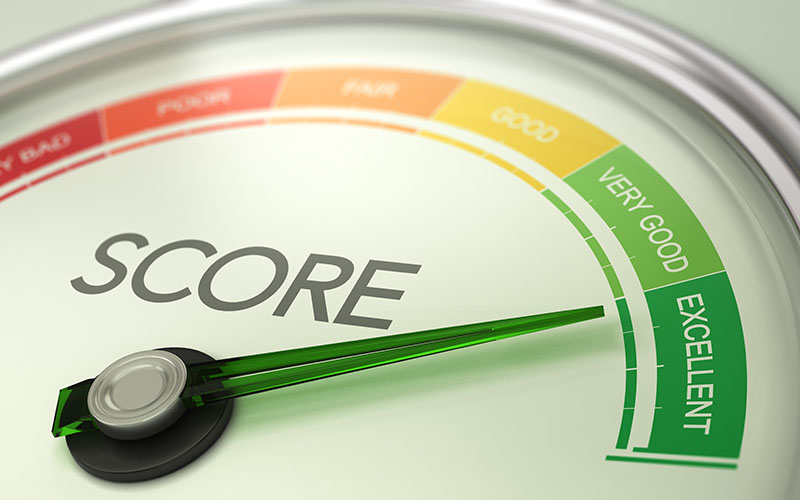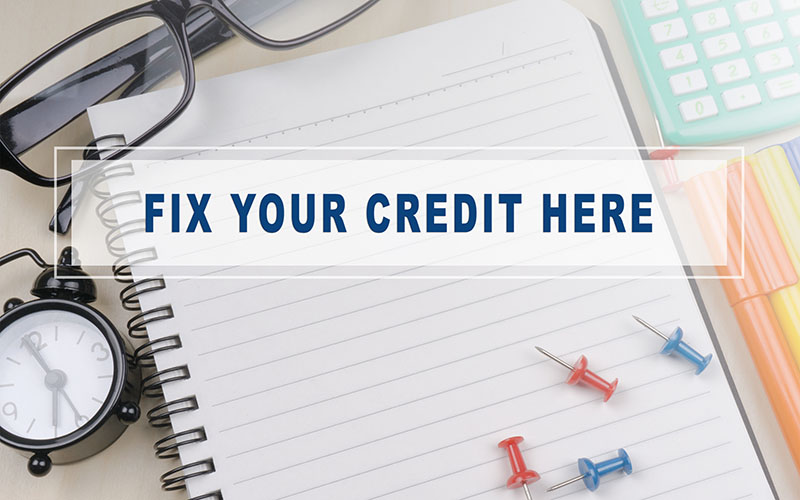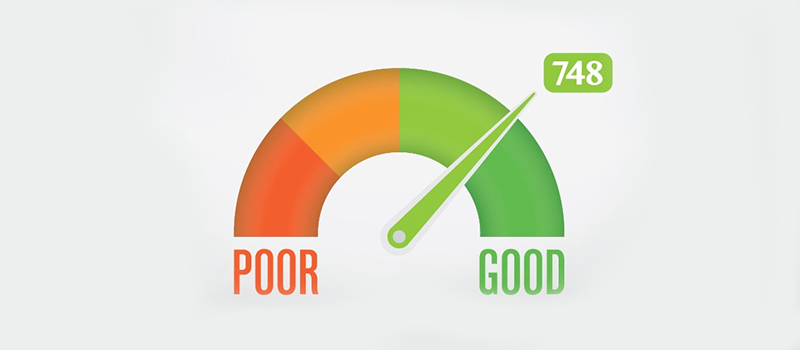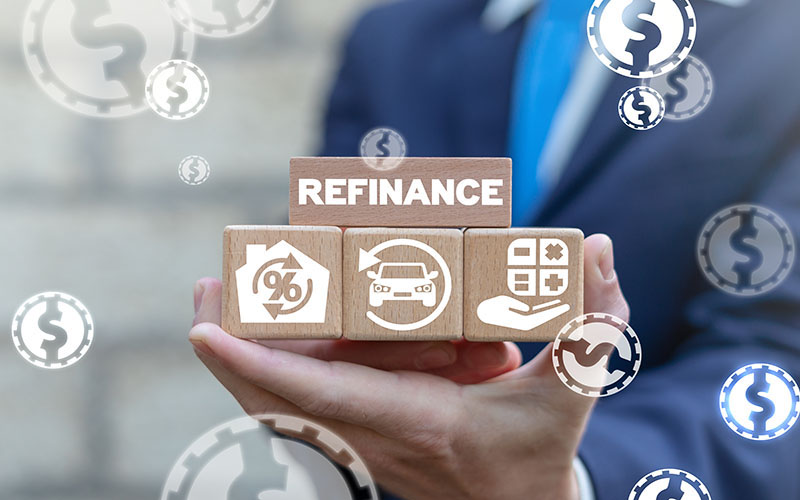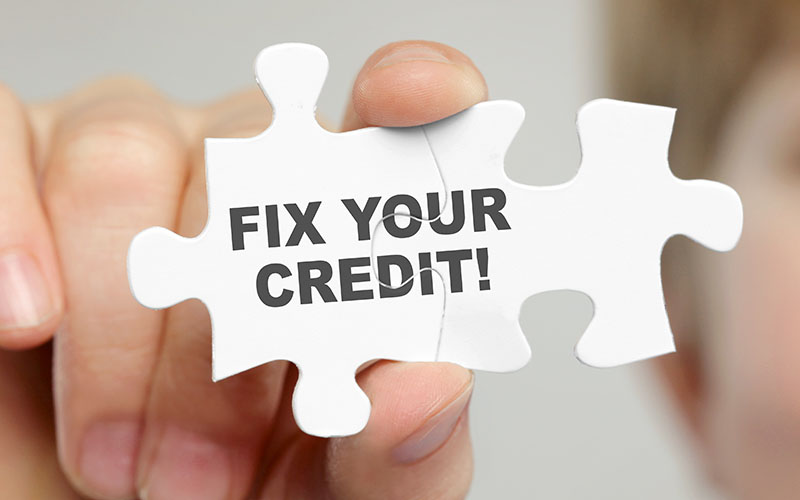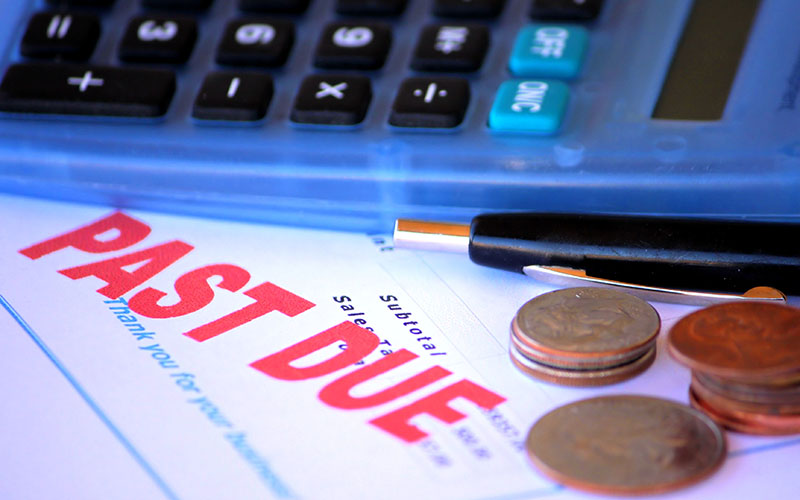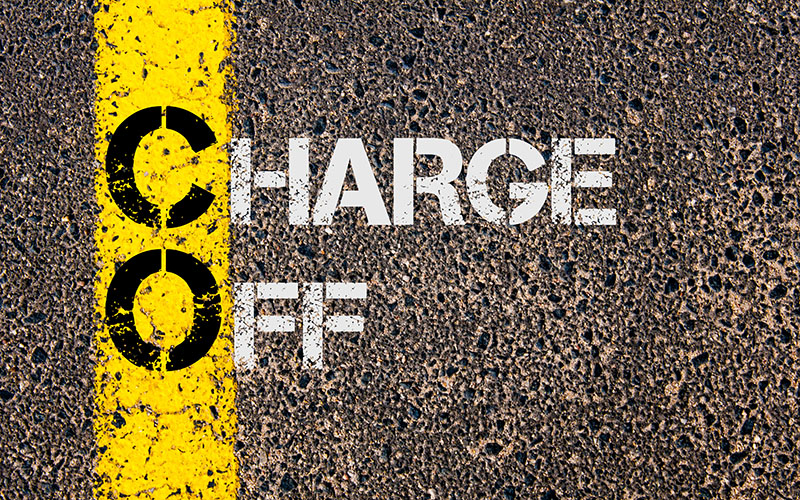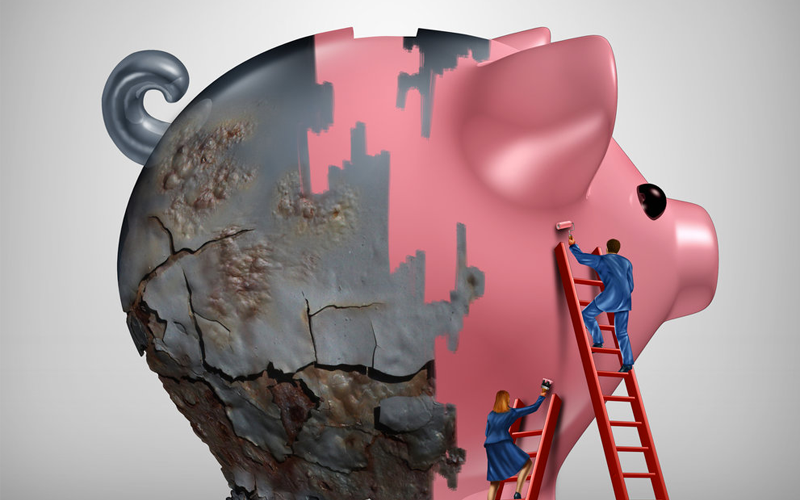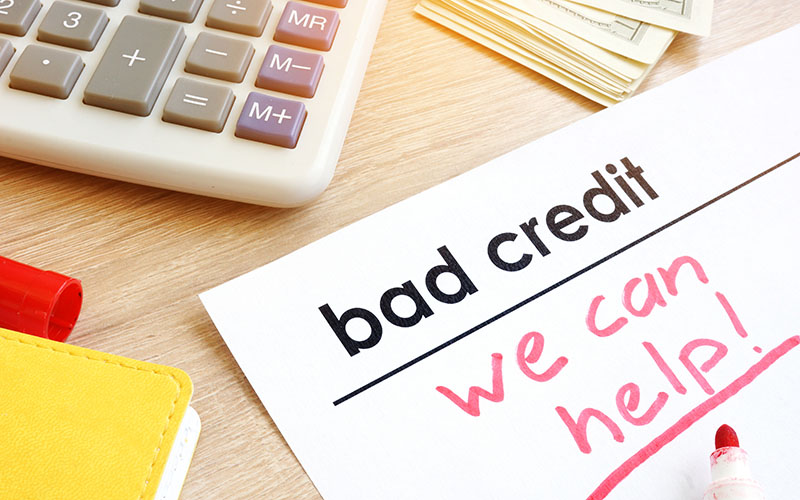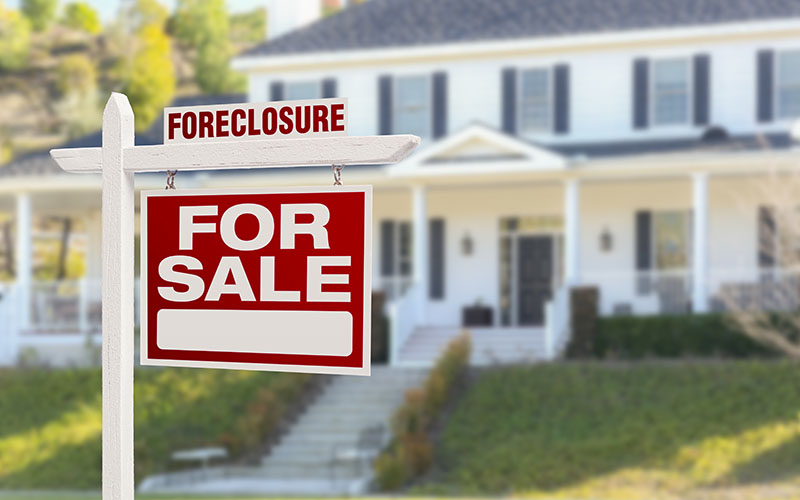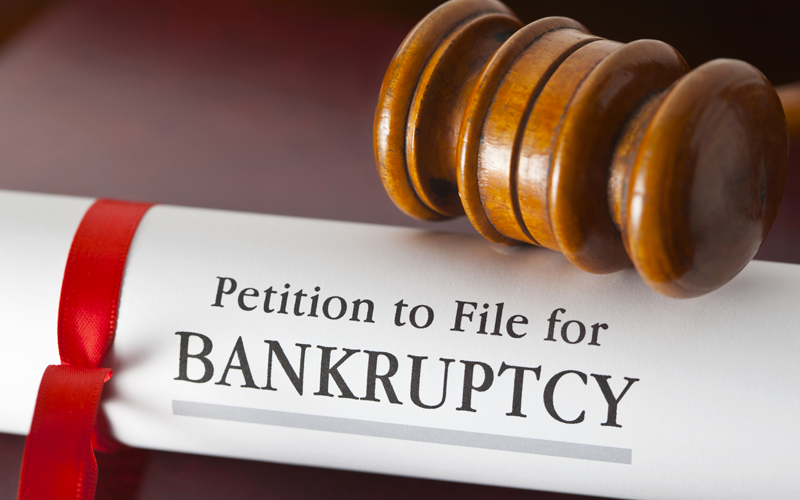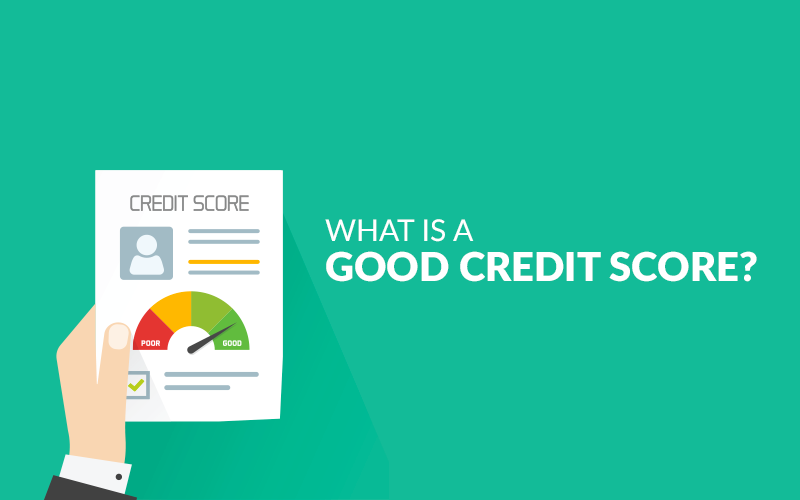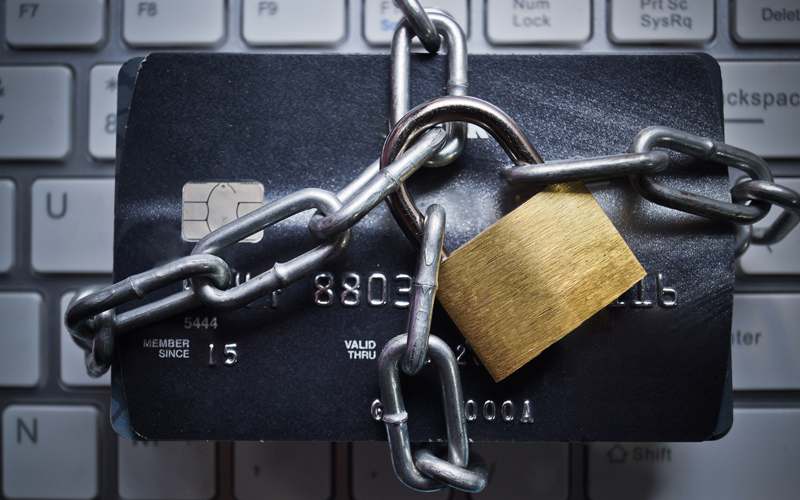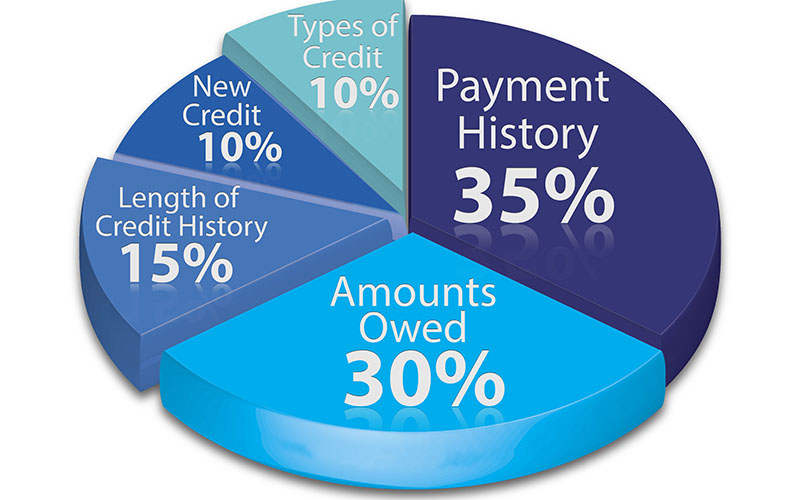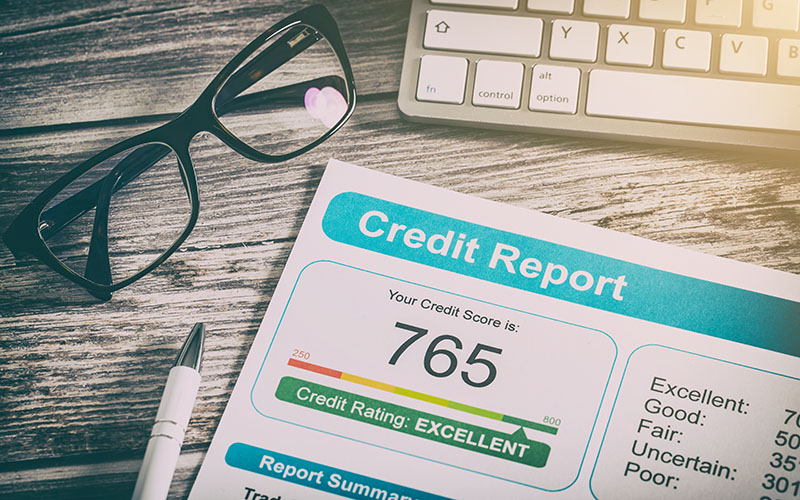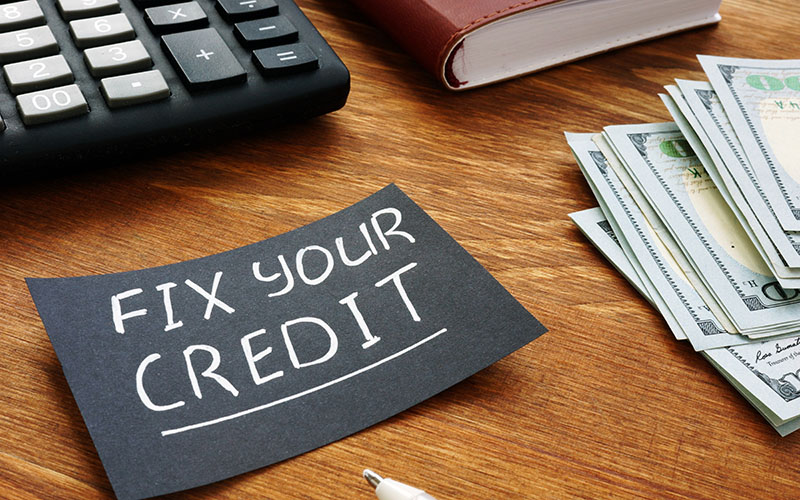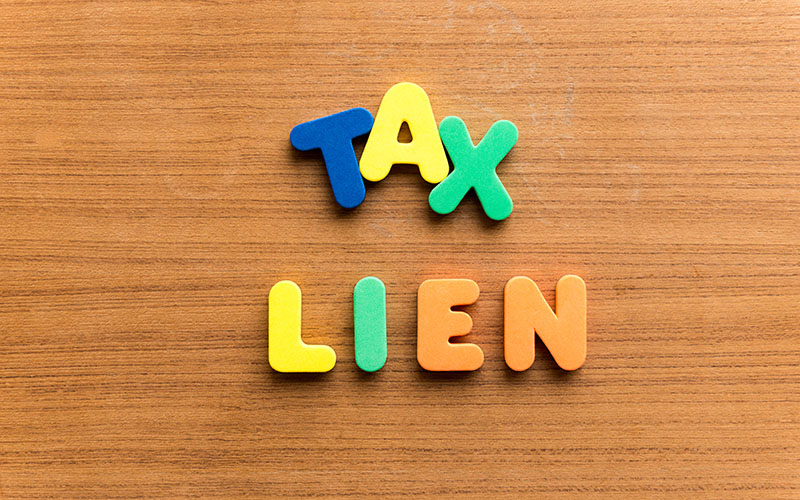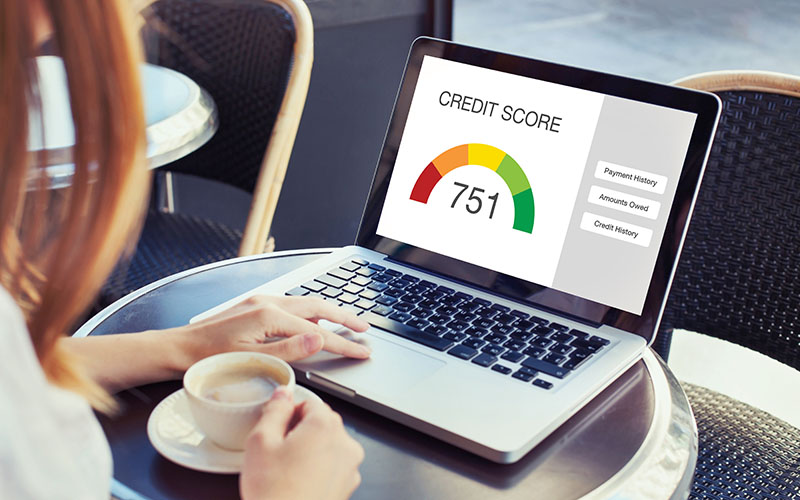8 Easy Steps To Lower Your Credit Utilization
Key Takeaways
- Credit utilization makes up 30% of your credit score — keeping it low is key
- Pay down balances, avoid overspending, and always pay on time
- Opening new credit or requesting a credit limit increase can help lower utilization
- Personal loans can be used to pay off high credit card balances and improve utilization
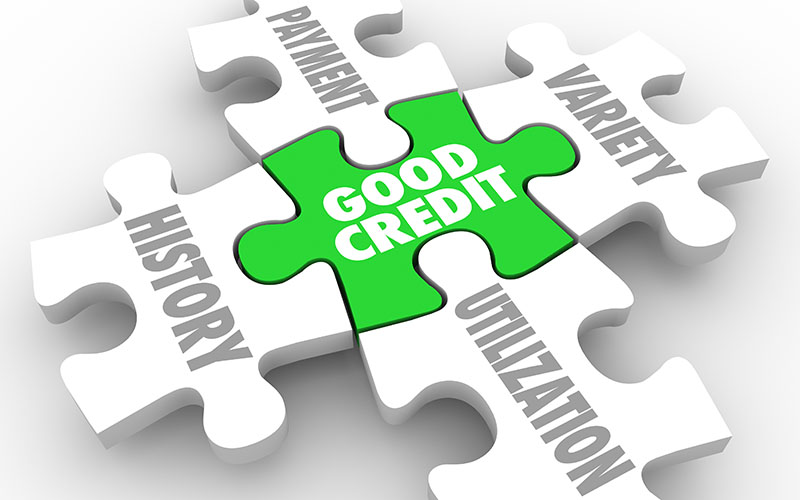
Your credit utilization plays an important role in your financial health -- particularly your credit score.
Good credit utilization can make or break your credit score and if you want to build your credit, you will have to keep your utilization low.
Below, we break down why your credit utilization matters and the steps to take to improve it.
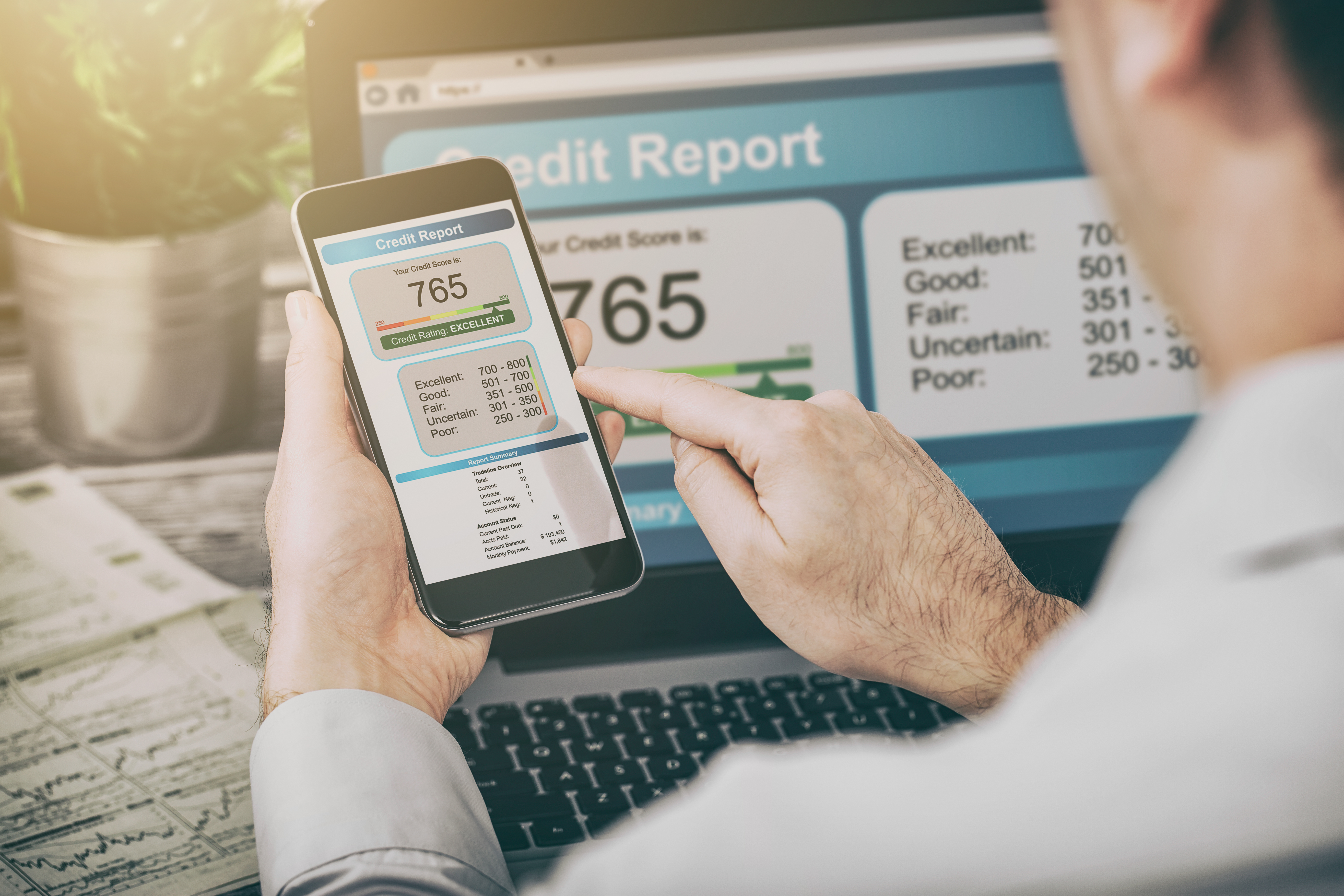
Why Credit Utilization Matters
Credit utilization directly impacts your credit: when your credit utilization goes up, your credit score drops. This results in higher interest rates and a lower chance of approval on loans.
High credit utilization shows lenders that you are spending a large amount of your income on paying off debts, which indicates that you are more likely to default on your new debts.
Since high credit utilization can damage your credit, your goal is to lower your it in order to achieve a good credit score.
How Are FICO Scores Calculated?
There are many different FICO scores but the most commonly used FICO® score is broken down like this:
- 35% is your payment history. The majority of your score comes down to paying your bills on time. Late payments damage your score, and the later a payment, the more damage it will do. Late payments include bankruptcies and any accounts in collections.
- 30% is your amount owed, or how much debt you have in relation to your available credit. The less debt you owe, the better your score. This is what we will tackle below.
- 15% is the length of your credit history, which includes how long you have had credit and the average age of your accounts.
- 10% is new credit. This includes recent applications for credit. A hard inquiry can reduce your score for up to six months.
- 10% is having a mix of credit types. Revolving credit like auto loans, mortgages, and credit cards improves your score.
As you can see, credit utilization is the second most important factor in your credit score, making up 30%. High credit utilization can lead to credit score damage, which can lead to credit application and loan denial; and even if you are approved, you will probably have higher interest rates and unfavorable loan terms.
How To Find Credit Utilization
In order to calculate your credit utilization, or the percentage of credit that you are using, you simply need to divide the credit card balance by the credit limit and then multiply that number by 100 to get the percentage.
Steps To Lower Credit Utilization
Now that you know the importance of credit utilization, let's take a look at how to lower your credit utilization.
Slow Down Your Spending
Stop spending! Or just slow down. Create a budget and stick to it. Set aside a small amount from your paycheck in order to save up for an emergency fund, which can prevent you from digging into the funds you would otherwise use to pay off debt.
Use cash or a debit card in order to make purchases so your credit utilization rate doesn't increase.
Pay Down Your Balances
Now that you've set a budget, it's time to pay down your balances using whatever you have left over.
Pay your balance in full to keep your credit score in good shape. If you have run up a large amount of credit card debt, gradually work on paying down as much as you can. Even small payments can make a huge difference in the long run.
Always Pay On Time
This goes without saying, but always pay on time! The last thing you want is to accrue interest. You can put your credit account on autopay or set a calendar reminder to pay off your debt before the due date.
Open New Credit
An easy way to increase your credit is by opening a new credit account. Even though applying for a new line of credit (like a personal loan or credit card) will generate a hard inquiry that damages your score slightly, the impact of a credit increase improves it even more.
There is no guarantee you will be approved, but if you are able to, try to take out a credit line with a high limit.
Ask For A Credit Increase
Another way to increase your credit is to simply contact your credit card issuer and request a credit limit increase. Whether or not you are approved depends on your credit and payment history, which your lender will take a look at before they make their decision.
Note: Once you have a credit increase, avoid overspending. Remember, you are trying to reduce your debt.
Keep Your Accounts Open
You may be tempted to close a credit card account once you've successfully paid it off but hold off on that! By closing a credit card, you are actually decreasing your available credit and lowering your credit utilization score.
Use A Personal Loan To Pay Off Your Credit Card Balances
If your credit card is maxed out or you have high utilization, consider paying it off by using a personal loan. Whether you have good, fair, or bad credit, there is a personal loan that fits your need.
The main benefit of this is that you will be able to transfer your credit card debt to an installment loan (with potentially lower interest rates if you have good credit), allowing you to pay your loan over a longer period of time. However, you may end up with an origination fee or a high interest rate in the case you have poor credit.
Track Your Credit Utilization Information
It's important to keep track of how much you are charging on your credit cards, so try to make it a habit to check your credit card balances. You can sign up with your credit card issuer to receive balance alerts by text message or email.
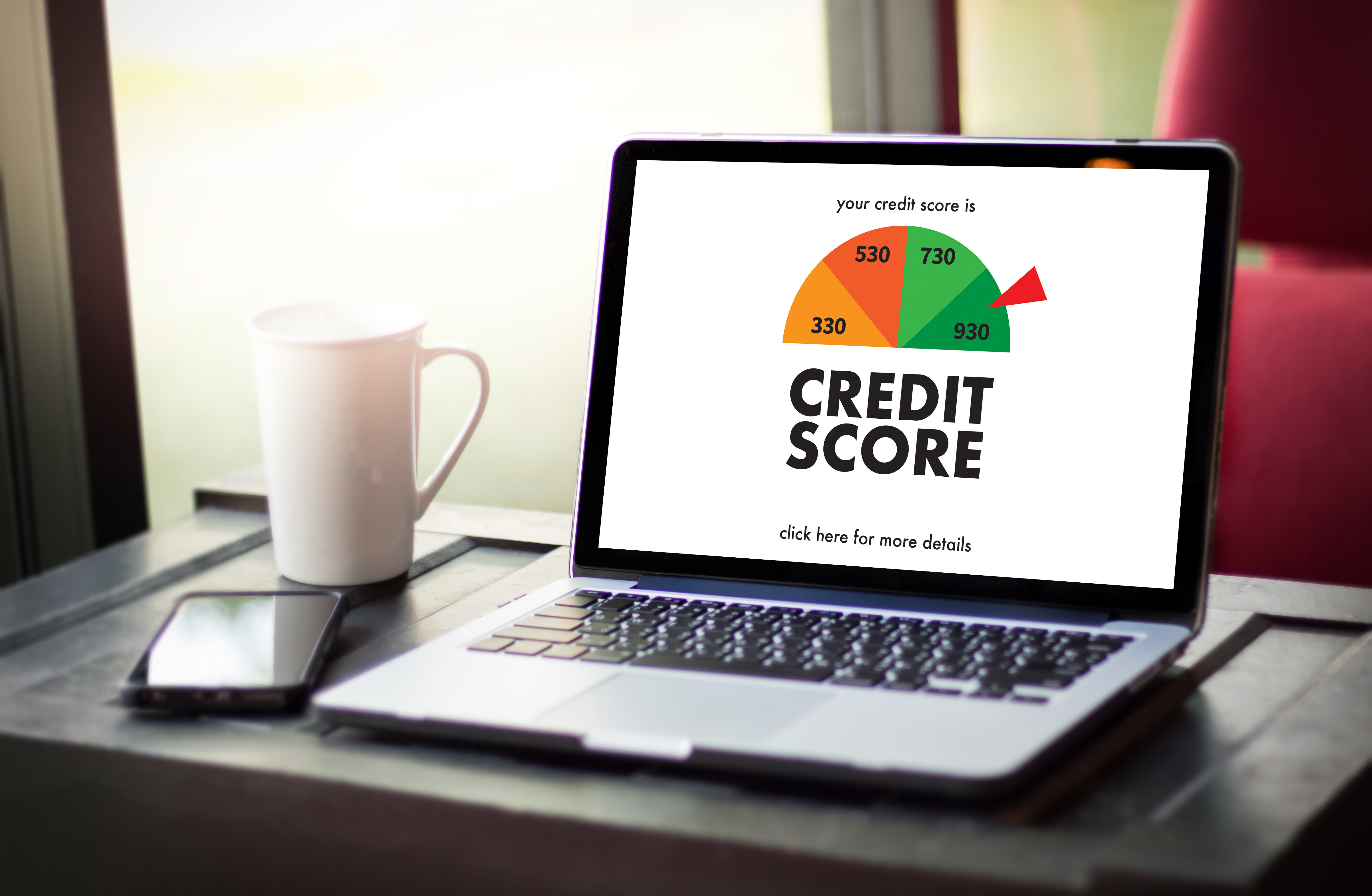
The Bottom Line
Credit utilization is one of the main ways that you can keep your credit score in good shape. If you're looking for more ways to fix your credit, you can turn to our reputable financial services here.
How do I know if I have a good credit score?
There are many different types of credit scores, so the score considered good varies based on which scale you are using. However, the most commonly used score is your FICO® score, which is broken down like this:
- Exceptional: 800+
- Excellent: 740 to 799
- Good: 670 to 739
- Fair: 580 to 669
- Poor: 579 and below
What are some benefits of a good credit score?
A good credit score can help you with the following:
- Renting a house or apartment (without putting down a hefty deposit)
- Your mortgage payments will be lower
- You will receive a lower down payment when you purchase a cell phone
- Your utility bills will be lower
- Your insurance premiums depend on it
- Potential employers may look at your credit history to determine reliability
- It will be easier to qualify for loans
- You will receive lower rates on loans
- You will qualify for better credit cards
What factors make up my FICO score?
- Payment history: 35%
- Credit utilization: 30%
- Credit age: 15%
- New credit: 15%
- Types of credit: 10%
What can I do to improve my credit?
- Consider credit repair as a strategy and contact a credit repair service
- Always pay your bills on time
- Deal with past due accounts
- Reduce your credit utilization
- Keep old credit accounts open
- Open new credit (but avoid applying for too much new credit)
- Monitor your credit
Edited by:
Bryan Huynh
•
Product Tester & Writer

